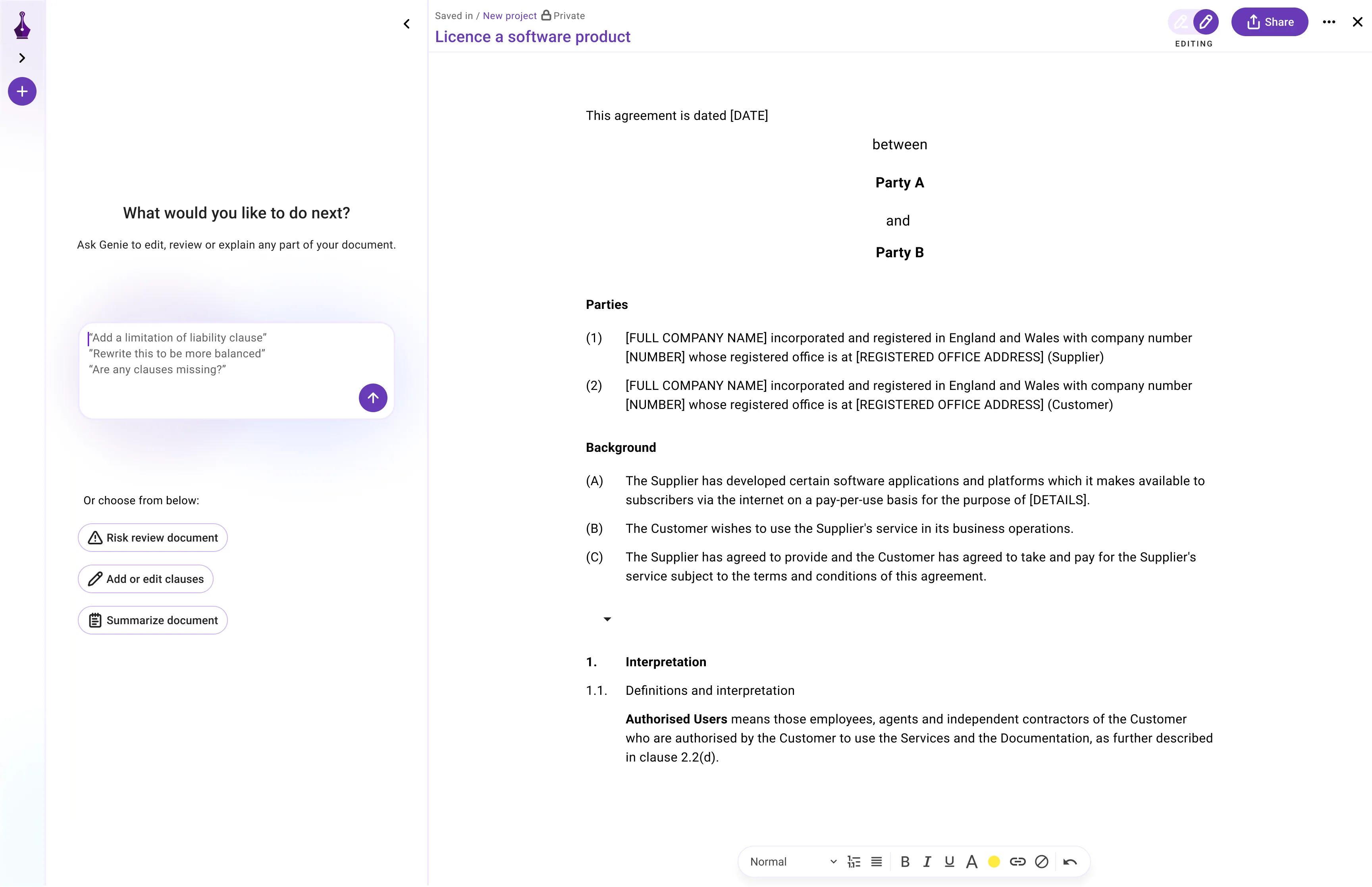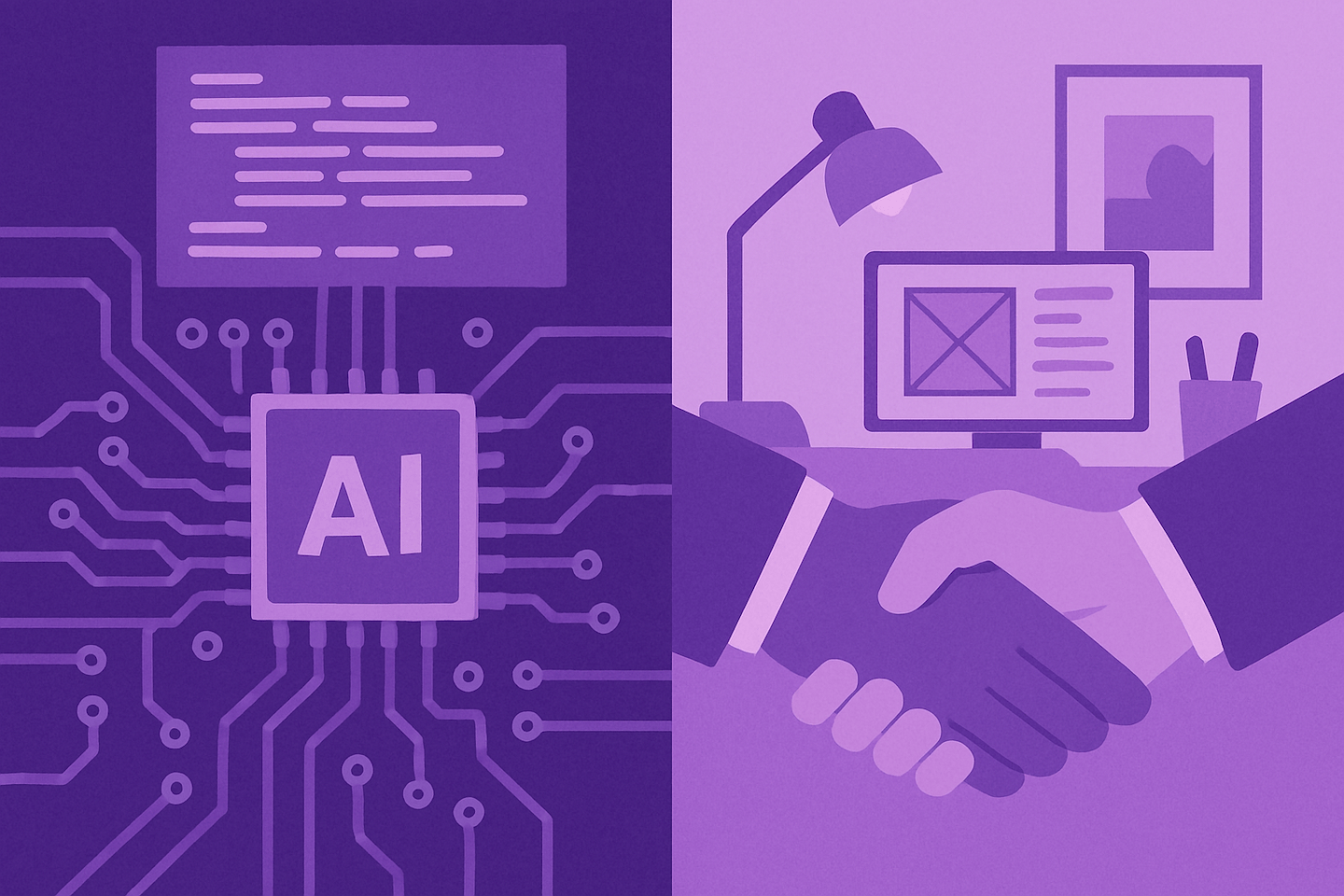.png)
Note: This article is just one of 60+ sections from our full report titled: The 2024 Legal AI Retrospective - Key Lessons from the Past Year. Please download the full report to check any citations.
Compliance Decisions
Legal firms are adopting various strategies to ensure compliance with data protection regulations and industry-specific requirements:
Data Protection Regulations: an important use case for AI in legal firms could be the processing of data in accordance with GDPR. In cases where Data Protection Impact Assessments (DPIAs) are required, AI tools can assist in identifying and mitigating risks to data subjects, making the process more streamlined and efficient.[61]
Industry-Specific Compliance: in 2021, HSBC and Google Cloud launched an AI-driven AML risk assessment system. This solution analyzes transaction patterns and KYC information to generate risk scores for customers, identify financial crimes, and maintain data privacy.[62]
"As an in-house lawyer, I greatly value the role of AI systems, even basic and freely available ones, in conducting initial KYC processes and performing checks on prospective clients or counterparties. While the ultimate decision to proceed rests with me and the management team, these technologies have significantly enhanced the efficiency of such processes. Additionally, they contribute to more predictable budgeting, as our firm can accurately anticipate costs and plan accordingly."
Kirill Ivaninskiy, Legal Counsel, UK
The American Bar Association noted in 2023 that 73% of state bar associations have issued guidelines on the ethical use of AI in legal practice.[63]
Internal Tool Development and External AI Usage: Many law firms and legal departments are grappling with the decision to develop internal AI tools or use external solutions.
Enforcement Challenges: Research carried out as part of this report suggested that legal departments may struggle to effectively monitor or enforce guidelines on external AI tool usage.
"In the Commercial Legal realm, AI is and will increasingly continue to be revolutionary and create significant efficiencies to both lawyers and non-lawyers on a wide number of tasks including: contract generation, review / risk assessment, drafting, signature and management as well as risk monitoring and regulatory compliance."
Andrea Rinaldi, Senior Legal Counsel (UK & EU), Trainline, Italy
.png)


.png)


